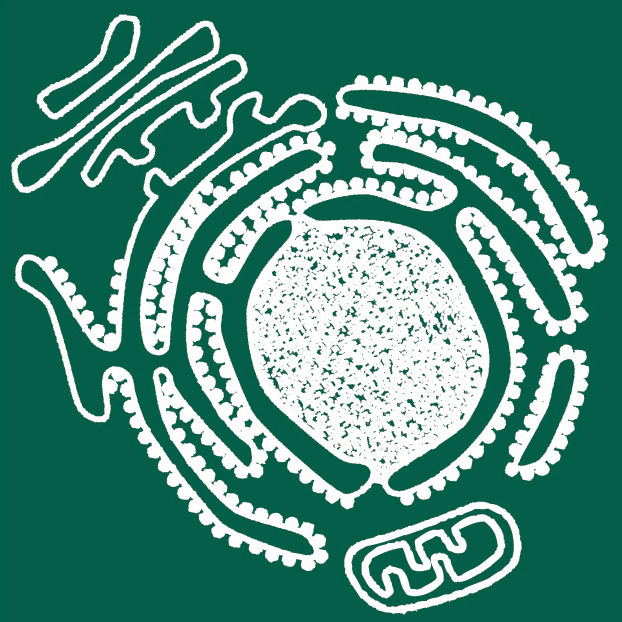Cell Biology Division
The Division aims to understand the biological organisation of cells and organisms, and the molecular mechanisms underlying their function. These fundamental questions are addressed using a wide range of model organisms including yeast, slime moulds, nematodes, flies and mice, as well as cell culture and in vitro techniques. Despite this breadth, there are important shared themes that encourage synergy between groups. All have an interest in mechanistic explanations at a cellular level, and common approaches include the use of advanced microscopy and genetic techniques. The Division is also keen to contribute to the translation of fundamental discoveries into clinical advances.
Group Leaders and MRC Investigators
- Buzz Baum - The generation and evolution of biological form: from archaea to eukaryotes
- Simon Bullock - Molecular cell biology of cytoskeletal transport
- Emmanuel Derivery - Molecular basis of cell polarisation and asymmetry
- Juliette Fedry - Cellular proteostasis networks in physiology and diseases
- Ramanujan Hegde - Membrane protein biosynthesis and quality control
- Madeline Lancaster - Human brain development and evolution
- Roni Levin Konigsberg - Molecular Physiology of Phagocytic Cells in Health and Disease
- Kate McDole - Morphogenesis of the early mammalian embryo
- Sean Munro - Organisation of the Golgi apparatus
- John O'Neill - Cellular rhythms, signalling and metabolic regulation
- Lalita Ramakrishnan - Mechanisms of tuberculosis pathogenesis
- Marta Shahbazi - Cell fate decisions in the early mammalian embryo
Senior Investigator Scientists
Scientific Facilities within the Division
Emeritus
- Rob Kay - How cells drink and move: macropinocytosis and chemotaxis
- John Kilmartin - Conserved mechanisms of mitosis in yeast and mammals
- Peter Lawrence - Pattern formation in development
- Hugh Pelham - Membrane protein sorting
- Andrew Travers - Chromatin folding and unfolding
Past Group Leaders 2009 - 2025
- Mario de Bono - Moved to the Institute of Science and Technology, Austria, October 2019
- Matthew Freeman - Moved to the Sir William Dunn School of Pathology, University of Oxford, December 2012
- Wanda Kukulski - Moved to the Institute of Biochemistry and Molecular Medicine of the University of Bern, May 2020
- Christien Merrifield - Moved to CNRS, France, October 2011, deceased 2017
- Liz Miller - Moved to University of Dundee, July 2025
- Ben Nichols - Left LMB, January 2019 to go travelling
- Melina Schuh - Moved to the Max Planck Institute, Göttingen, Germany, December 2015

Joint Heads of Division:
Ramanujan Hegde
Madeline Lancaster
Divisional Administrator:
Alison Turnock
Assistant Divisional Administrator:
Sara Clifton
Division of Cell Biology,
MRC Laboratory of Molecular Biology,
Francis Crick Avenue,
Cambridge Biomedical Campus,
Cambridge CB2 0QH,
UK.
Tel: +44 (0) 1223 267030